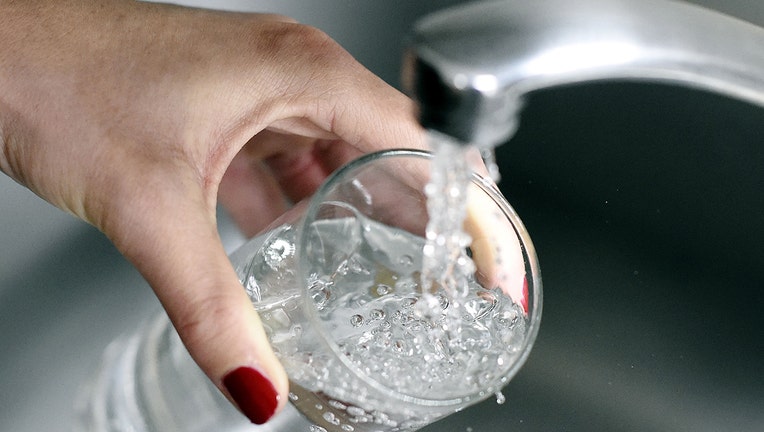New MDH dashboard available for checking 'forever chemicals' in drinking water

A woman fills up a glass with water on April 27, 2014 (Credit: FRANCK FIFE/AFP via Getty Images) (Getty Images)
(FOX 9) - Minnesota residents can now check if their drinking water contains "forever chemicals" in a new dashboard released on Tuesday by the Minnesota Department of Health (MDH).
MDH released the dashboard as part of their project to test community water systems across the state for an emerging contaminant called Per- and Polyfluoroalkyl Substances (PFAS), also known as "forever chemicals." These manmade chemicals do not break down in the environment and can cause a variety of health problems if exposed to at high levels.
RELATED [March 18, 2021]: MPCA: Groundwater near 59 closed Minnesota landfills contaminated
PFAS have been found in groundwater and surface water in the state. MDH started this project in 2021 and said they prioritized community water systems that were most vulnerable to PFAS contamination. To date, the project has completed the testing for 401 out of approximately 900 community water systems.
Nearly two-thirds of the water systems tested detected have some level of PFAS but only one system, located in St. Paul Park, exceeded the current guidelines.
"Some PFAS are commonly found at low levels in drinking water, but it’s rare to find elevated PFAS in drinking water outside of communities with known contamination sites," Jane de Lambert, MDH environmental research scientist, said in a statement.
PFAS were commonly used for decades to make products that are resistant to heat, oil, stains, grease and water. People are most often exposed to PFAS by drinking or eating foods prepared with contaminated water or exposure to PFAS in dust or consumer products. If exposed at high levels, PFAS can cause extensive health problems including higher cholesterol, changes to liver function, reduced immune response, thyroid disease and increased risk of some cancers.
The MDH is expected to finish testing for PFAS in water systems across the state in 2023.
You can explore the dashboard here.

